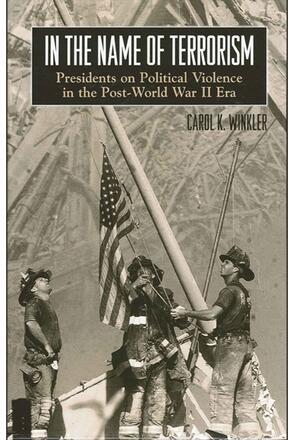
In the Name of Terrorism
Presidents on Political Violence in the Post-World War II Era
Alternative formats available from:
Traces the shifts in presidential discourse on terrorism since World War II.
Description
Winner of the 2008 Outstanding Book Award presented by the Political Communication Division of the National Communication Association
The topic of terrorism has evolved into an ideological marker of American culture, one that has fundamentally altered the relationship between the three branches of government, between the government and the people, and between America and countries abroad. In the Name of Terrorism describes and analyzes the public communication strategies presidents have deployed to discuss terrorism since the end of World War II. Drawing upon internal administration documents, memoirs, and public papers, Carol K. Winkler uncovers how presidents have capitalized on public perceptions of the terrorist threat, misrepresented actual terrorist events, and used the term "terrorism" to influence electoral outcomes both at home and abroad. Perhaps more importantly, she explains their motivations for doing so, and critically discusses the moral and political implications of the present range of narratives used to present terrorism to the public.
Carol K. Winkler is Department Chair and Professor of Communication at Georgia State University. She is the coauthor (with William Newman and David Birdsell) of Lines of Argument for Policy Debate.